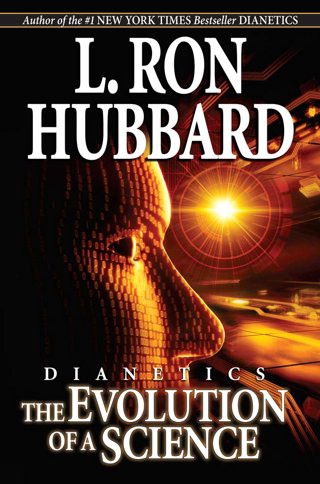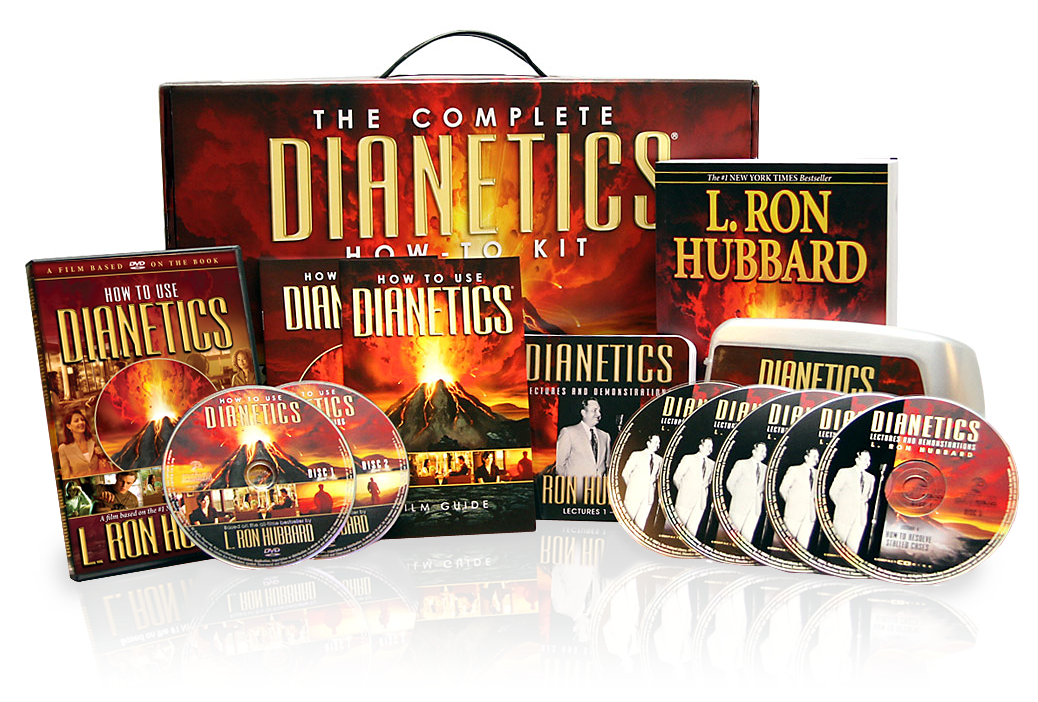The Definitive Guide to Dianetics
Wiki Article
Not known Incorrect Statements About Dianetics
Table of ContentsAbout DianeticsThe Ultimate Guide To DianeticsThe Greatest Guide To DianeticsDianetics - The Facts
I couldn't ever before not intend to get anything that comes to mind for you- if it was or else, I wouldn't be sitting right here with you, doing this. I not only could never have a problem, or not desire to hear something that comes to mind for you, yet I'm completely excited to know every concept, every idea, every picture or feeling that emerges or shows up for you- do not ever before believe otherwise, and if somehow you do, please simply let me recognize! In some cases, you may have a thought, and image, idea or case appear that does not appear to address the concern, or connect to it, but however, constantly do inform me concerning it, and as we proceed, the significance will emerge for you.This is integral in the basis of handling, and the topic of this discussion: the standard duties of the therapist and the customer: The basic duty of the therapist is, in contrast to "conventional training", not to manage, which suggests to implement and/or hinder, but to rather function from the basis of EMPOWERING THE CLIENT.

See This Report on Dianetics
John Mcmasters expressed this fundamental truth splendidly well in among his talks on Power handling, where he describes just how he was asked what this "unique propensity" was that he had for offering such great sessions; he had to think of that for a moment, and spotted that it was what he had not been doing, in addition to what he was doing: he had not been assessing, judging, computing, or actually, producing any type of ideas, not to mention verbal expressions, after providing the command and while waiting for the computer to finish their response to their fulfillment; he was, just and only, being present with the computer, and entirely interested.The role of the counselor, showed; that was his "special knack". I have you can try these out actually had my very own experience which instructed me this well, extremely at an early stage in the game. In 1982, having lately finished my training and internship on New Era Dianetics, I was running this on a COMPUTER, and there was a factor in the session where (being a bit article source wet behind the ears not yet having several hours under my belt as a professional auditor) the computer appeared to be "taking too lengthy" to express anything verbally after I gave him a command.
This secret transformed out to be the most valuable contribution that John ever before made to the topic of treatment or auditing (Dianetics). In my humble point of view, it is the best contribution that anybody has ever before made to these subjectsthe application is totally non-judgemental, non-evaluative, and devoid of any kind of suggestion, suggestions or opinion.no preconditioned agenda for individuals, or 'levels' that they must do
In Idenics, the only source of details about a client is the specific client. In Scientology we prided ourselves on not assessing for individuals. All that really implied was that the auditor did not Vocally review for the Computer in session. The registrars and principles officers evaluated for the computer.
Examine This Report about Dianetics

Anyone that had actually ever seen John audit can not assist however observe a distinct quality in his auditing."The client's standard role is to be there with the function of relocating the instructions of their spiritual objectives, and to easily and fully share and experience whatever manifests for them in responding to the questions and implementing the directions in the processing.
This is something to process as required. However also, individuals frequently have previous experience and/or brainwashing in auditing/processing which, somehow, and to some levels, actually misdirects them right into attitudes, concepts and behavior patterns that prevent the full understanding of these duties, and so they will tend to inhibit the expressing of what comes to mind, as in the examples given above. * The initial, and perhaps primary instances of mis-indoctrination resulting in much less than entirely smooth and reliable sessions, can be found in specific facets of Source the training routines, or "TR's":"TR's" are typically an individual's first, or at least early, experience in Scientology, and while I will certainly go on to explain what I view as the defects in principle and method, nevertheless, often tend to be greatly healing, done as they are offered (Hubbard urges that "TR's are not refining, they are training", however factually, they are both processing AND training)
There is no "flunking", and no denial of the reality of this being handling. The focus, as it ought to be, is on experiencing the other individual's visibility.
Not known Factual Statements About Dianetics

Report this wiki page